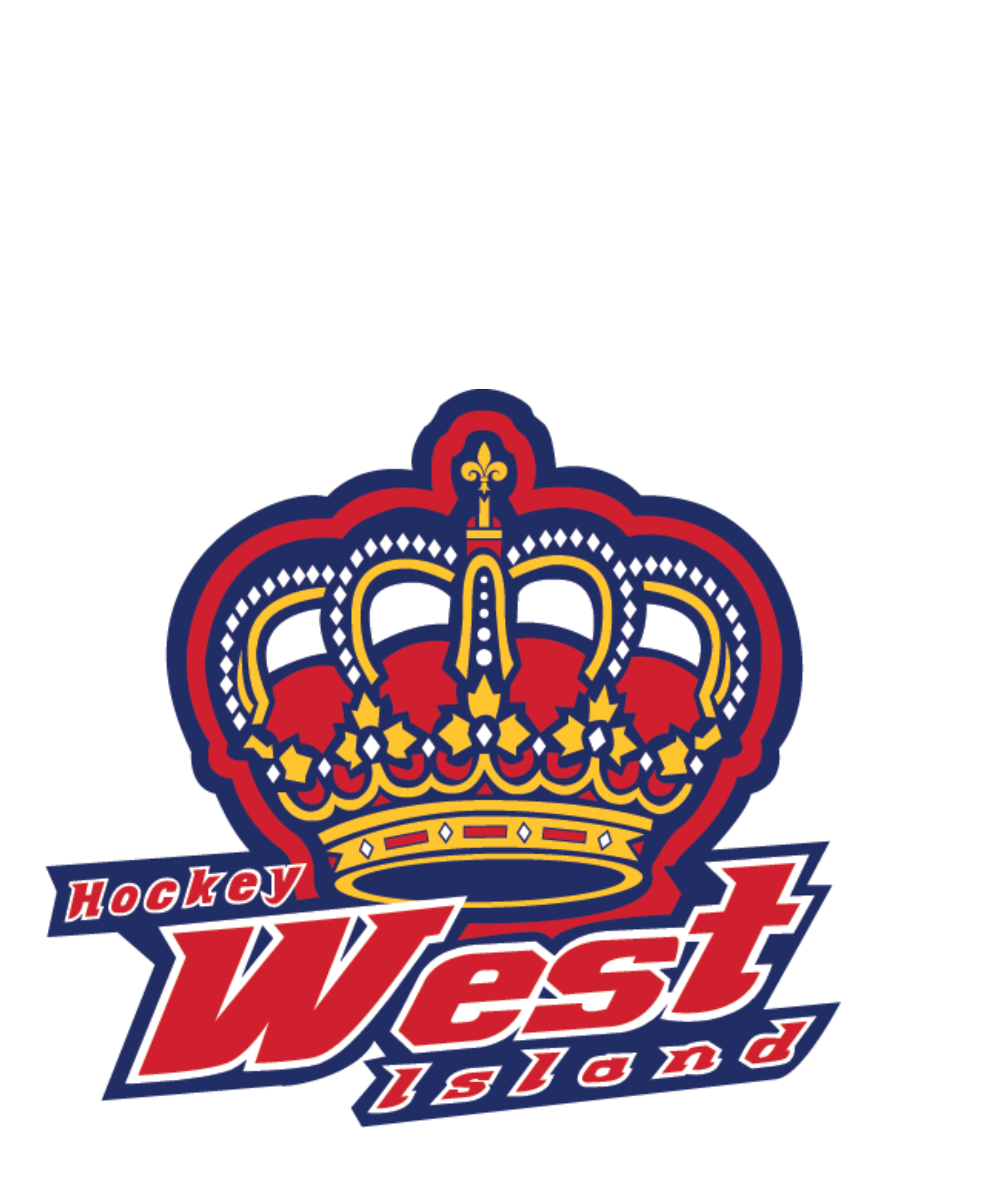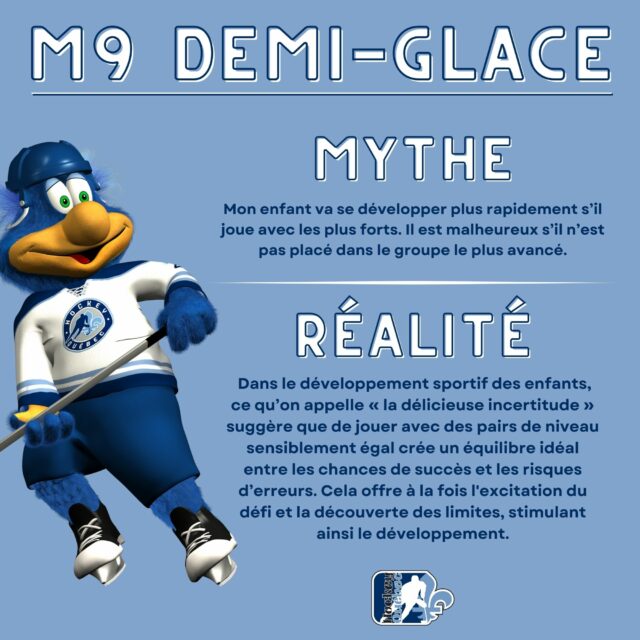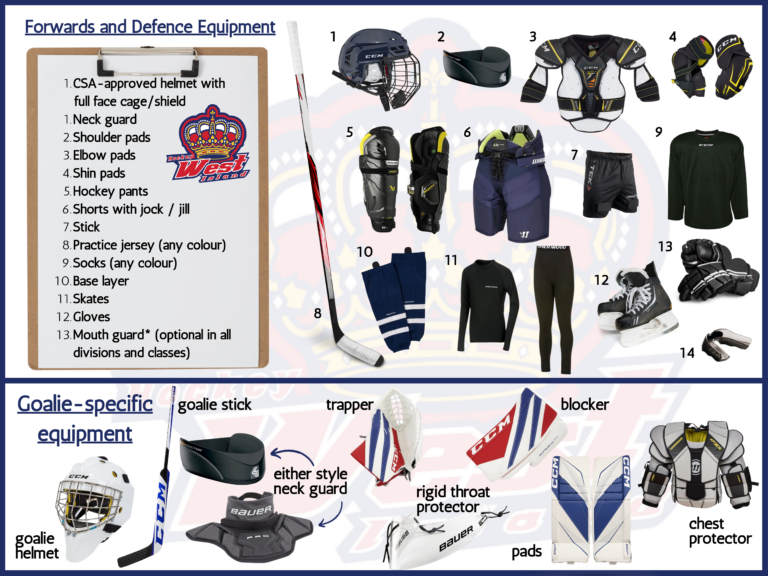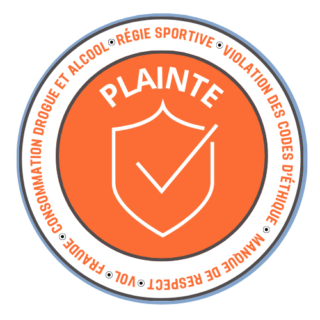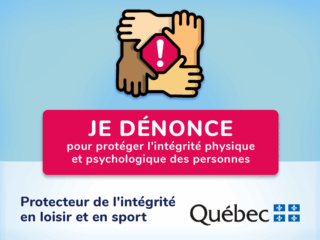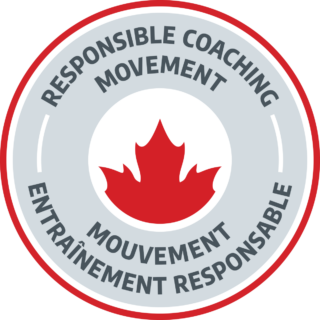How does the evaluation process work?
Evaluations take place at the beginning of the season to ensure that players are grouped according to their ability and to ensure that the player is placed in the best possible position for success.
Parents can often feel unproductive during tryouts and assessments, which can lead to anxiety, frustration, and other negative reactions. During the evaluation process, it is crucial that coaches and evaluators are given the opportunity to go through their process and that players are removed from any negativity as much as possible. The role of parents during the evaluation process is to be positive and supportive of the player. This materializes by having good habits, having a good routine before the sessions, and helping the player to understand and decode what is happening when he decompresses or prepares. Examples include enforcing good sleep and rest patterns, providing appropriate nutrition to replenish energy and promote recovery, and helping to manage and reduce the player’s stress and frustration which can lead to decreased performance and increased fatigue. All players want to reach the highest levels and parents often want to support them in this effort. The best way to do this is to reinforce a growth mindset, to be the best you can be at any level, and to keep learning how to improve.
Players, parents and coaches who can make the most of their situation, no matter what, will ultimately have the most fun, learn the most, and have the best experience possible. Ultimately, the enjoyment of the sport and the skills a player can build on and off the ice are the most important outcomes of this process. If the parent can support and amplify these concepts, the player will experience the optimal benefit no matter where they are rated or what team level they are selected for.
Communications

Hockey West Island uses the TeamSnap sports management service for clubs and leagues. TeamSnap is used to sort players during evaluations, for team and association communications, and for full team practice and game schedules. Members will need a (free) TeamSnap account if you do not already have one. Sign up online and/or download the app on your device.
All coaches and managers at HWI are volunteers and give hundreds of hours each season both on and off the ice. In order for each season to be fun and successful for all, parents and families need to be involved, offer positive encouragement, and support the coaching staff and players. Sportsmanship starts in the stands and we ask that parents lead by example.
Get involved. It is very important to attend the start of the year team meeting with coaches.
7 Tips To Keep Hockey In Perspective
1. Hockey is about fun
On the ice, in the dressing room and on the drive home from the rink, hockey should always be fun. Even in the midst of a skating drill at 7 a.m., you’ll still see kids with big smiles. Do everything you can to ensure that continues.
2. Development is more important than winning
Equal playing time in younger age groups is a priority for a reason. It’s about everyone getting better, and sometimes that means losing when going with your best players might have given you a win. It all pays off in the long term.
3. It’s a marathon, not a sprint
A kid’s future success in hockey and, more importantly, in life, is not decided by whether he or she makes the U11 or U13 ‘A’ team. Kids develop at different stages, and hockey has to be compatible with school, music, other sports, or missing a game to go to Grandma’s birthday.
4. Used gear is awesome
Kids grow fast, which means you need larger equipment – especially skates – far more frequently than you may ever have imagined. That just means there’s a whole lot of great used gear out there, so lean on Varagesale.ca, friends with older kids or the HWI Facebook gear swap page to keep those costs down. No 10-year-old needs a $200 stick, either. Entry-level sticks work just fine – it’s far more important that they’re cut to the right length.
5. Skating is (almost) everything
The best preparation for the first year of hockey is skating lessons of some kind. Kids who skate and who continue to pay attention to skating instruction, are at a distinct advantage. The game’s just a lot easier when you’re as fast, or as agile, as your rivals.
6. Parents need to stay positive
Kids make mistakes, referees make mistakes, and not all coaches are budding Mike Babcocks. But they all deserve your support. If you’re about to lose your mind in the stands, go for a walk. We’ll all be better off, and that includes your kid.
7. Be a parent in the stands, or a coach on the bench, but not both.
Every effort should be made to NOT coach from the stands. Hearing different directions coming from the stands is distracting and confusing for both players and coaching staff. The stands are for enjoying watching your child play, and the companionship of other parents. If you want to coach, please consider obtaining your coaching certification and volunteering for a role on a team.
At the start of the season, all players and parents sign a code of ethics. It is essential to respect and apply this code at all times.
Educate Yourself About Concussions
Children are more sensitive to the effects of a concussion and may need to have a longer period of rest prior to returning to activity and the sport. Don’t gamble on your kid’s ongoing health by ignoring the systems of a concussion.
Educate yourself by visiting Hockey Canada’s concussions information page. And consider adding the Hockey Canada Concussions App to your phone
